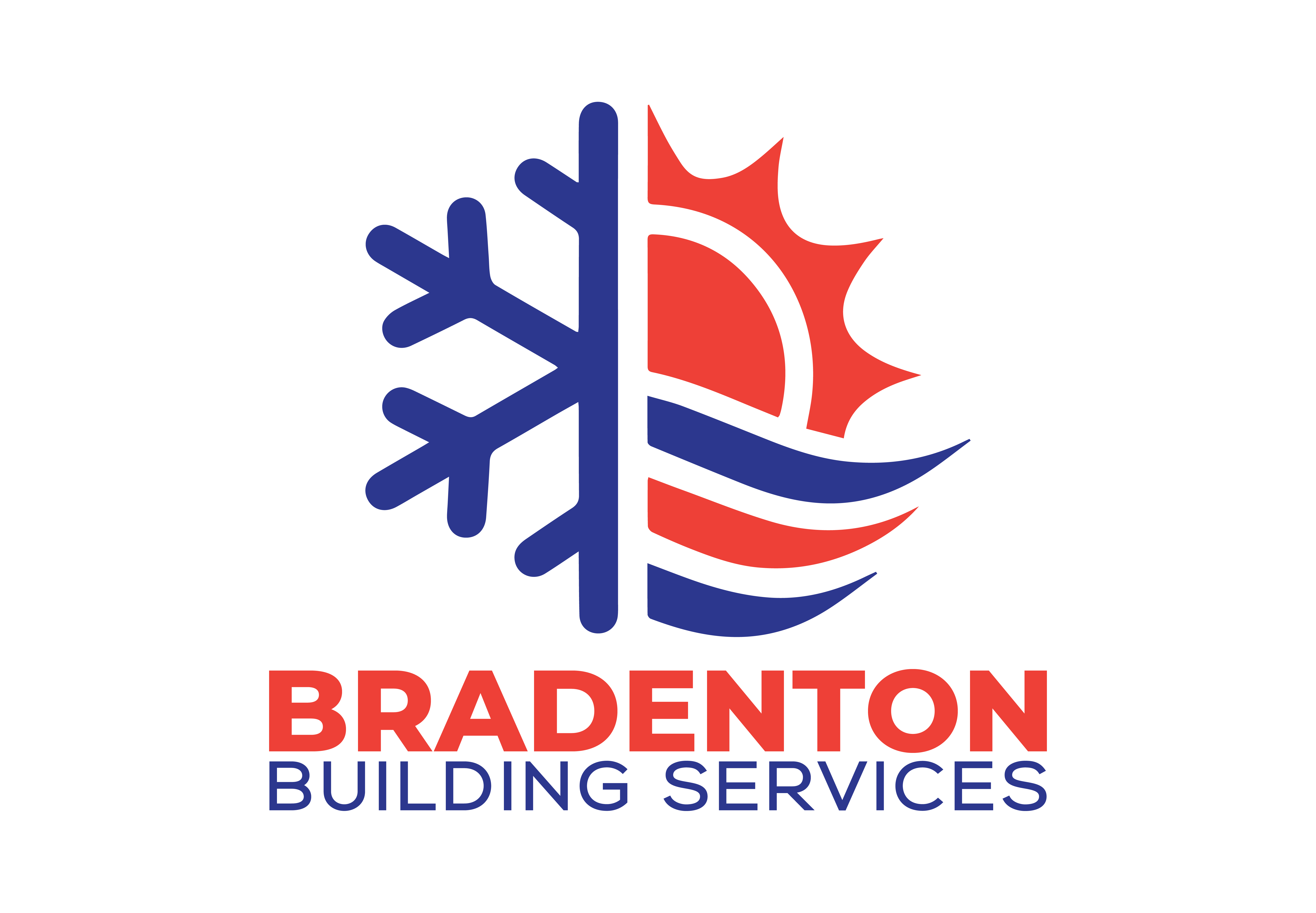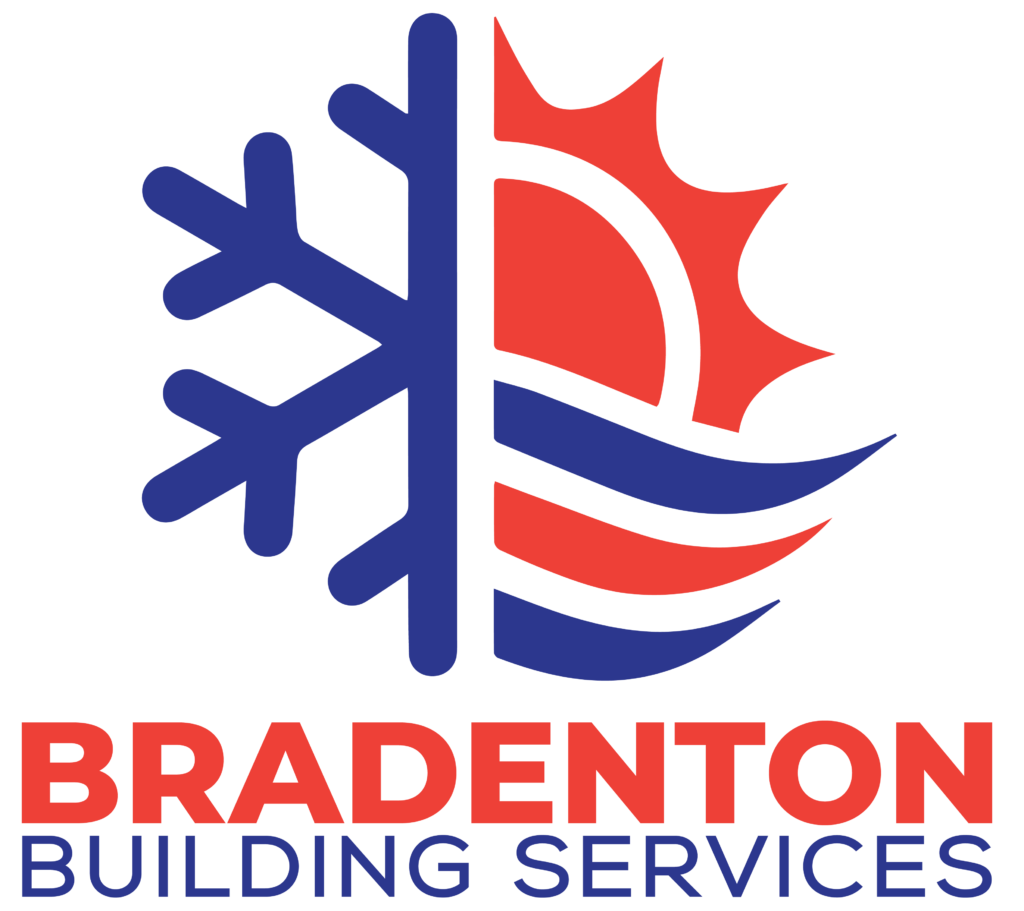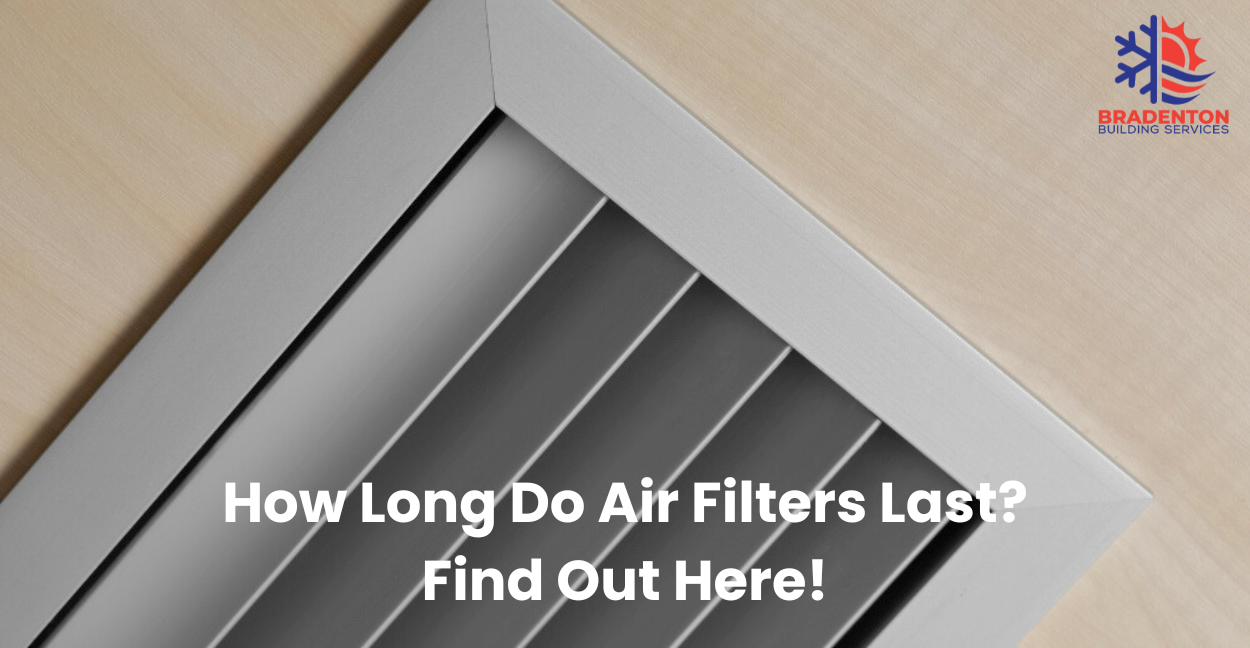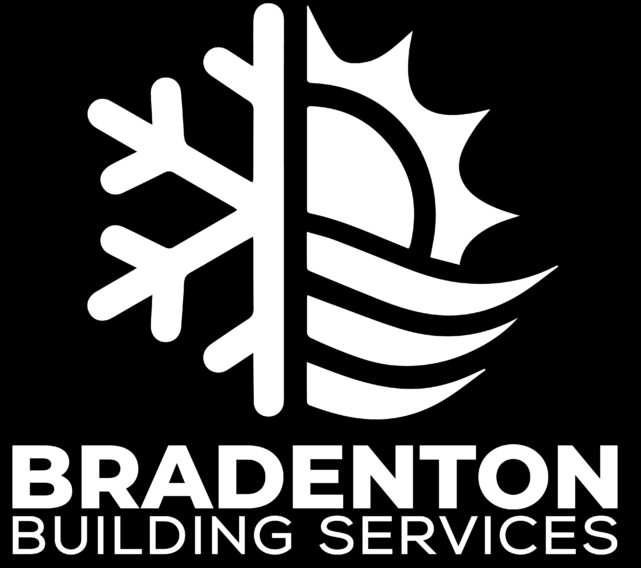In this article, we’ll dive into the average lifespan of different types of air filters, explore the signs your HVAC system needs repair, and provide tips to maximize filter longevity. Whether you’re aiming to enhance indoor air quality, reduce energy bills, or protect your HVAC system, understanding the lifespan of your air filters is essential for achieving these goals. Let’s uncover everything you need to know to keep your system running efficiently, prevent costly repairs, and ensure your indoor air stays as fresh as possible.
What Are Air Filters and How Do They Work?
Air filters are essential components of HVAC systems, designed to improve indoor air quality and protect the system’s functionality. By capturing airborne particles like dust, pollen, pet dander, and mold spores, air filters prevent these contaminants from circulating throughout your space, safeguarding both occupant health and system efficiency. Beyond simple particle trapping, advanced air filters can neutralize odors, absorb harmful gases, and even inhibit bacterial growth, depending on their design and materials.
If you’re also curious about how air filtration compares to other air quality solutions, you may wonder, do air purifiers really work? While air filters serve as a key component of HVAC systems, air purifiers offer additional benefits and can work in tandem with filters to improve indoor air quality. To understand how air filters work, it’s important to examine their key components and the filtration process.
Components of Air Filters
- Frame
The frame provides structural support for the filter and ensures it stays securely in place within the HVAC system. Typically made of cardboard, metal, or plastic, the frame is designed to withstand the airflow and pressure within the ducts without warping or breaking. - Filter Medium
This is the core part of the air filter where the actual filtration occurs. Made from materials like pleated paper, fiberglass, or synthetic fibers, the medium traps airborne particles as air passes through it. Some filters feature advanced materials, such as activated carbon layers to absorb odors and gases or antimicrobial coatings to reduce microbial growth. - Sealing Gasket
High-quality air filters may include a gasket around their edges to prevent air from bypassing the filter. This ensures that all air is forced through the filter medium, maximizing the filtration efficiency and preventing leaks that could compromise air quality.
The Filtration Process
- Air Intake
As air is drawn into the HVAC system, it first passes through the air filter. This is the first line of defense against airborne contaminants, ensuring they do not enter the system’s ducts or circulate into the indoor environment. - Particle Trapping
- Basic Filtration: Simple fiberglass filters effectively trap larger particles like dust and dirt. These filters are economical but limited in their ability to capture finer particles.
- Advanced Filtration: High-efficiency filters, such as HEPA filters, go a step further by trapping microscopic particles like allergens, bacteria, and even some viruses. Their densely woven material ensures a higher level of air purity.
- Odor and Gas Neutralization
Filters equipped with activated carbon layers can absorb odors and harmful gases, making them ideal for environments with specific air quality concerns, such as commercial kitchens or industrial spaces. - System Protection
By trapping dust and debris, air filters protect the HVAC system’s internal components from buildup that can reduce efficiency or cause damage. This helps maintain consistent airflow, reduces strain on the system, and extends its lifespan.
How Long Do Air Filters Last?
The lifespan of an air filter depends on a variety of factors, including the type of filter, air quality, system usage, and the environment. On average, air filters need to be replaced every 30 to 90 days for basic fiberglass filters, but other factors can extend or shorten this timeframe.
1.) Fiberglass Filters (30–90 days)
Basic fiberglass filters are inexpensive and commonly used in many HVAC systems. These filters typically last between 30 and 90 days before they need to be replaced. They are effective at trapping larger particles like dust and dirt but are not as efficient at filtering smaller pollutants. As a result, they require more frequent replacement.
2.) Pleated Filters (90 days–6 months)
Pleated filters have a larger surface area, allowing them to trap more particles and last longer than fiberglass filters. Typically, they last between 90 days to 6 months, depending on factors like air quality, system usage, and the number of occupants. These filters are more efficient and are often used in both residential and commercial HVAC systems.
3.) HEPA Filters (6 months–1 year)
High-Efficiency Particulate Air (HEPA) filters are known for their superior filtration capabilities. They can last anywhere from 6 months to a year, depending on the level of contaminants in the air. These filters are particularly beneficial in spaces where air quality is a priority, such as healthcare facilities, commercial buildings, or homes with pets.
4.) Specialty Filters (Up to 1 year or more)
Specialty filters, such as those with activated carbon or electrostatic properties, can last up to a year or more in certain conditions. These filters are designed to capture a wider range of pollutants, including smoke, chemicals, and odors. However, their lifespan still depends on factors like air quality and how often the HVAC system runs.
5.) Environmental and Usage Factors
As mentioned earlier, the lifespan of an air filter can also depend on several environmental factors, including:
- Air quality: In areas with higher levels of pollution, allergens, or pet dander, filters may need to be replaced more often.
- HVAC usage: Systems that run constantly, such as in commercial settings or homes with central air, will cause the filter to fill up faster.
- Occupancy: Homes with more occupants or pets will require more frequent filter changes, as these contribute to a higher level of airborne particles.
6.) When to Replace Your Air Filter
While the general guideline for replacing air filters is every 30 to 90 days, it’s important to monitor the condition of your filter and replace it when it appears dirty or clogged. Here are some signs that your filter needs replacing:
- The filter appears visibly dirty or clogged.
- You notice a decrease in airflow or system performance.
- Your energy bills rise unexpectedly.
- There is a noticeable decline in indoor air quality, such as an increase in allergens or dust.
At Bradenton Building Services, we offer expert advice and air filter services in Sarasota and Manatee. Our team helps you maintain a clean, efficient HVAC system with regular filter replacements, improving both air quality and system performance. Contact us today for a consultation and keep your indoor environment fresh and healthy!
How Often Should You Replace Air Filters?
Replacing your air filter at the right time is essential for maintaining both the efficiency of your HVAC system and the air quality in your building. However, the frequency of replacement varies based on several factors, including the type of filter, the air quality, the size of the space, and the frequency of HVAC use. Below, we’ll discuss general guidelines and specific factors that influence how often air filters should be replaced.
- Fiberglass Filters: Typically last 30 to 60 days. These basic filters need frequent replacement.
- Pleated Filters: Last between 90 days to 6 months. More efficient than fiberglass filters and last longer.
- HEPA Filters: Can last 6 months to a year, offering superior filtration for fine particles.
- Carbon Filters: Should be replaced every 3 to 6 months for odor control.
Key Factors Affecting Replacement:
- Air Quality: Poor air quality or living with pets can cause filters to clog faster.
- HVAC Usage: The more the system runs, the more often filters need replacing.
- Building Size: Larger spaces with more air volume require more frequent replacements.
- Pet Owners: Homes with pets may need filter changes every 60–90 days.
Signs It’s Time to Replace Your Filter:
- Reduced airflow or system efficiency.
- Higher energy bills.
- Visible dirt or dust accumulation.
Generally, aim to replace filters every 1 to 6 months, but always monitor your filter’s condition for the best performance and air quality.
Key Benefits of Using Air Filters
1.) Improved Indoor Air Quality
Air filters trap dust, pollen, pet dander, and other airborne particles, preventing them from circulating throughout your home or workplace. This results in cleaner, healthier air and can be especially beneficial for individuals with allergies or respiratory conditions like asthma.
2.) Enhanced HVAC System Efficiency
When air filters are clean and functioning properly, they allow for better airflow through your HVAC system. This reduces strain on the system, leading to more efficient operation, lower energy consumption, and extended system lifespan.
3.) Reduction of Allergens and Pollutants
Air filters help remove allergens such as mold spores, dust mites, and bacteria from the air. By doing so, they create a more comfortable environment, minimizing symptoms like sneezing, coughing, and itchy eyes, especially during allergy season.
4.) Odor Elimination
Air filters, particularly those with activated carbon, can help neutralize odors from cooking, pets, smoke, and other sources. This leads to a fresher and more pleasant-smelling indoor space.
5.) Prevention of Dust Buildup
By trapping dust before it can settle on furniture, floors, and surfaces, air filters reduce the amount of cleaning required in your home or office. Less dust also means fewer allergens circulating in the air.
6.) Protection for HVAC Components
Air filters protect the internal components of your HVAC system, such as the blower motor and evaporator coils, from dust and debris buildup. This reduces the likelihood of breakdowns, extends the life of the system, and lowers maintenance costs.
7.) Energy Savings
A clean air filter allows air to flow more freely through your HVAC system, which means the system doesn’t have to work as hard to maintain the desired temperature. This leads to lower energy usage and reduced utility bills.
8.) Compliance with Health and Safety Standards
In commercial or industrial settings, maintaining air filters is essential for complying with health and safety regulations. Clean air is not just a comfort but a necessity in many workplaces, contributing to the overall well-being of employees and customers.
Common Misconceptions About Air Filter Lifespan
There are several misconceptions about how long air filters last and when they should be replaced. Here are some of the most common myths:
1.) You only need to change filters every six months.
While some air filters can last for months, most need replacement every 1-3 months depending on various factors, such as usage, air quality, and the type of filter. Waiting six months could cause a significant drop in HVAC efficiency and increase airborne contaminants.
2.) High-efficiency filters last longer.
Higher efficiency filters, like HEPA filters, trap smaller particles, but that doesn’t mean they last longer. In fact, they can become clogged faster, especially in homes with pets, allergies, or heavy HVAC usage. Regular inspection is key to maintaining effectiveness.
3.) Air filters only need to be changed during the cooling season.
HVAC systems operate year-round, including during heating, so air filters should be checked and replaced regularly, regardless of the season. Ignoring them during the winter months can lead to restricted airflow and poor heating performance.
4.) Expensive filters don’t need frequent replacement.
Costlier filters often offer better filtration, but that doesn’t mean they have a longer lifespan. Filters of all types require regular monitoring and timely replacement to ensure optimal HVAC performance and air quality.
5.) If the filter looks clean, it doesn’t need to be changed.
Air filters trap microscopic particles that may not be visible to the naked eye. Even if the filter looks clean, it can still be clogged with pollutants. Regular replacement based on time, rather than appearance, is essential.
Frequently Asked Questions
1.) How often should I replace my air filter?
The frequency of air filter replacement depends on the type of filter and system usage. Basic fiberglass filters need replacing every 30–60 days, while pleated filters can last 90 days to 6 months. HEPA filters, known for better filtration, typically last 6 months to a year. Regular replacement ensures optimal airflow, better air quality, and system efficiency.
2.) Can I leave my air filter in longer than recommended?
It’s not recommended to leave an air filter in longer than the suggested time. Overused filters become clogged, restricting airflow and forcing your HVAC system to work harder. This can result in higher energy bills and reduced system performance. Regular filter changes help maintain efficiency and reduce strain on your system.
3.) How do I know when my air filter needs to be replaced?
You should replace your air filter if you notice reduced airflow, increased dust accumulation, or higher energy costs. If you see visible dirt on the filter or experience more allergies, these are also signs it’s time for a replacement. Even if the filter looks clean, it may still be clogged with particles that affect your system’s performance.
4.) Do higher-quality air filters last longer?
Yes, higher-quality filters, such as HEPA or pleated filters, generally last longer than basic fiberglass filters. However, even premium filters have a recommended lifespan, and they still need to be replaced periodically. The lifespan also depends on the air quality and how often the HVAC system is used. It’s essential to follow the manufacturer’s guidelines for replacement.
5.) Can I clean and reuse my air filter?
Most standard air filters cannot be cleaned and reused, as doing so can damage the filter or reduce its effectiveness. However, certain types of reusable filters, like some pleated models, can be washed and reused. Always check the manufacturer’s instructions to determine if your filter is washable, and ensure proper cleaning methods are used to maintain its efficiency.
About Bradenton Building Services
Bradenton Building is your trusted partner for all your commercial HVAC needs in Manatee and Sarasota. With over 20 years of experience, we specialize in providing top-notch Commercial HVAC Services in Manatee & Sarasota, including Air Duct Cleaning, Air Quality & Purification Solutions, and Commercial Air Filters. Our expert team is dedicated to helping you create a healthier, more efficient work environment by offering services tailored to meet the unique needs of your business. Whether you’re looking for routine maintenance, air purification upgrades, or specialized HVAC solutions, Bradenton Building delivers exceptional results with a commitment to quality and customer satisfaction. Contact us today to experience the difference of working with a professional and reliable HVAC partner!




